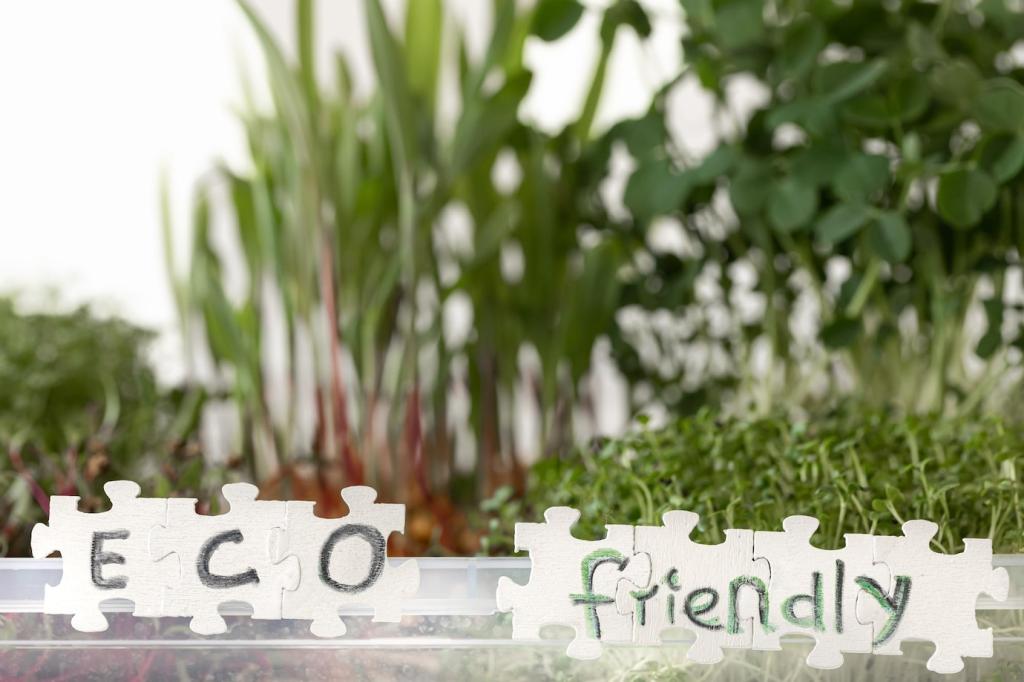Why Stories Move Us Toward Sustainability
When we follow a well-told story, our brains release empathy-building chemicals and prioritize meaning over mere numbers. That’s why a single family’s water-saving journey often resonates more deeply than a chart of averages.
Why Stories Move Us Toward Sustainability
Characters embody choices, consequences, and hope. A river as a narrator, a beekeeper as a mentor, or a child planting resilience all turn abstract eco-values into relatable motivations that readers can see in themselves.





